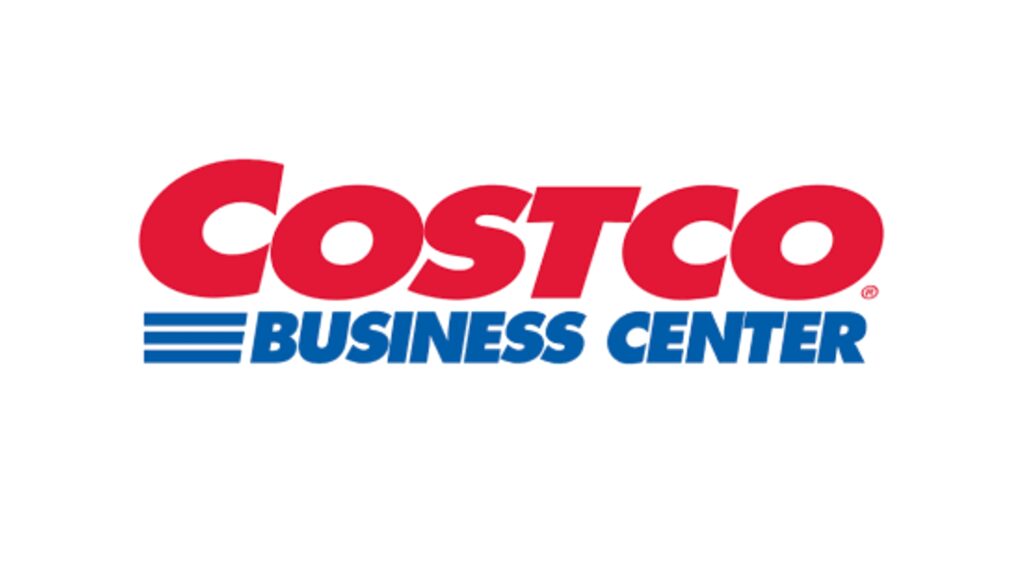Are you passionate about food and dream of sharing your culinary creations with the world? Look no further than the Food Truck Business Idea! This innovative concept brings a mobile twist to the world of gastronomy, allowing entrepreneurs to serve up delicious dishes on the go.
In this comprehensive guide, we will delve into the intricacies of launching your own food truck business, covering everything from coming up with a creative concept to navigating regulatory requirements and enhancing customer experience. So, grab a cup of coffee and let’s embark on this culinary journey together!

The Food Truck Business Idea: A Flavorsome Revolution
Conceptualizing Your Food Truck Business Idea in India
Before diving into the food truck business, it’s vital to brainstorm and conceptualize your unique culinary concept. Consider these steps:
- 1. Identify your target audience: Who will be your main customers? College students, office-goers, or families?
- 2. Research local trends and preferences: What types of cuisine are currently popular in your area? Is there an unexplored niche that you can tap into?
- 3. Stand out from the crowd: How can you differentiate your food truck from competitors? Maybe you could showcase fusion cuisine or offer customizable dishes to cater to diverse tastes.
The Recipe for Success: Planning and Preparation
Developing a Business Plan
A well-crafted business plan serves as the roadmap for your food truck business, ensuring long-term success. Consider these key elements:
- 1. Executive Summary: Provide an overview of your food truck business, its mission, and target customers. Highlight your unique selling proposition (USP) and competitive advantages.
- 2. Market Analysis: Explore the local culinary landscape, analyze potential competitors, and identify your target market. Determine the demand for your cuisine and evaluate pricing strategies.
- 3. Financial Forecasting: Develop a comprehensive financial plan, including start-up costs, projected revenues, and expenses. Consider factors such as equipment, permits, licenses, insurance, staff wages, and marketing expenses.
- 4. Operations and Logistics: Outline the day-to-day operations, including menu planning, sourcing ingredients, scheduling, and maintenance of the food truck. Additionally, factor in storage and transportation logistics.
Sizzle Your Brand: Marketing and Promotion
Harnessing the Power of Social Media
In this digital age, leveraging social media platforms is crucial for promoting your food truck business. Follow these marketing strategies:
- 1. Create an appealing online presence: Develop an engaging website or blog, showcasing your menu, food truck schedule, and captivating visuals of your delicious offerings. Ensure it is mobile-friendly and easy to navigate.
- 2. Social media campaigns: Harness the power of social media platforms like Facebook, Instagram, and Twitter to connect with potential customers. Post mouth-watering pictures, behind-the-scenes clips, and offer exclusive discounts or promotions.
- 3. Engage with the foodie community: Collaborate with food bloggers, influencers, and local food enthusiasts to generate buzz around your food truck business. Offer them free samples in exchange for reviews or mentions on their platforms.
Rules of the Road: Licenses and Regulations
Obtaining the Necessary Permits and Licenses
Operating a food truck business requires adherence to specific licenses and permits imposed by local authorities. Follow these steps:
- 1. Food Handler’s Permit: Ensure you and your staff obtain the required food handler’s permit, which demonstrates your knowledge of food safety practices.
- 2. Business License and Permits: Consult with your local business licensing department to obtain the necessary permits to operate a food truck within your region.
- 3. Health and Safety Inspections: Meet health and safety standards by getting your food truck inspected regularly. Keep your kitchen area clean and maintain proper food storage and handling practices.
Frequently Asked Questions (FAQs)
1. Q: How much does it cost to start a food truck business?
A: The average start-up costs can range from $50,000 to $200,000, depending on factors such as the condition of the truck, kitchen equipment, permits, and licenses required.
2. Q: How can I find the perfect location for my food truck?
A: Scout potential locations with high foot traffic, such as busy street corners or near parks, offices, and schools. Consider participating in local events or partnering with existing businesses to attract customers.
3. Q: What are the best cuisines for a food truck business?
A: The best cuisines are those that cater to local preferences and trends while offering a unique twist. Popular choices include Mexican street food, gourmet burgers, artisanal ice cream, and healthy bowls.
Conclusion
The Food Truck Business Idea is a tantalizing opportunity to bring your culinary talents to the streets. With careful planning, a standout concept, and a dash of creativity, you can embark on a profitable venture that satisfies both your passion for food and your entrepreneurial spirit. Follow the steps outlined in this guide, and turn your gourmet dreams into a tasty reality. So, buckle up, fire up the grill, and let your food truck business idea hit the road to success!


